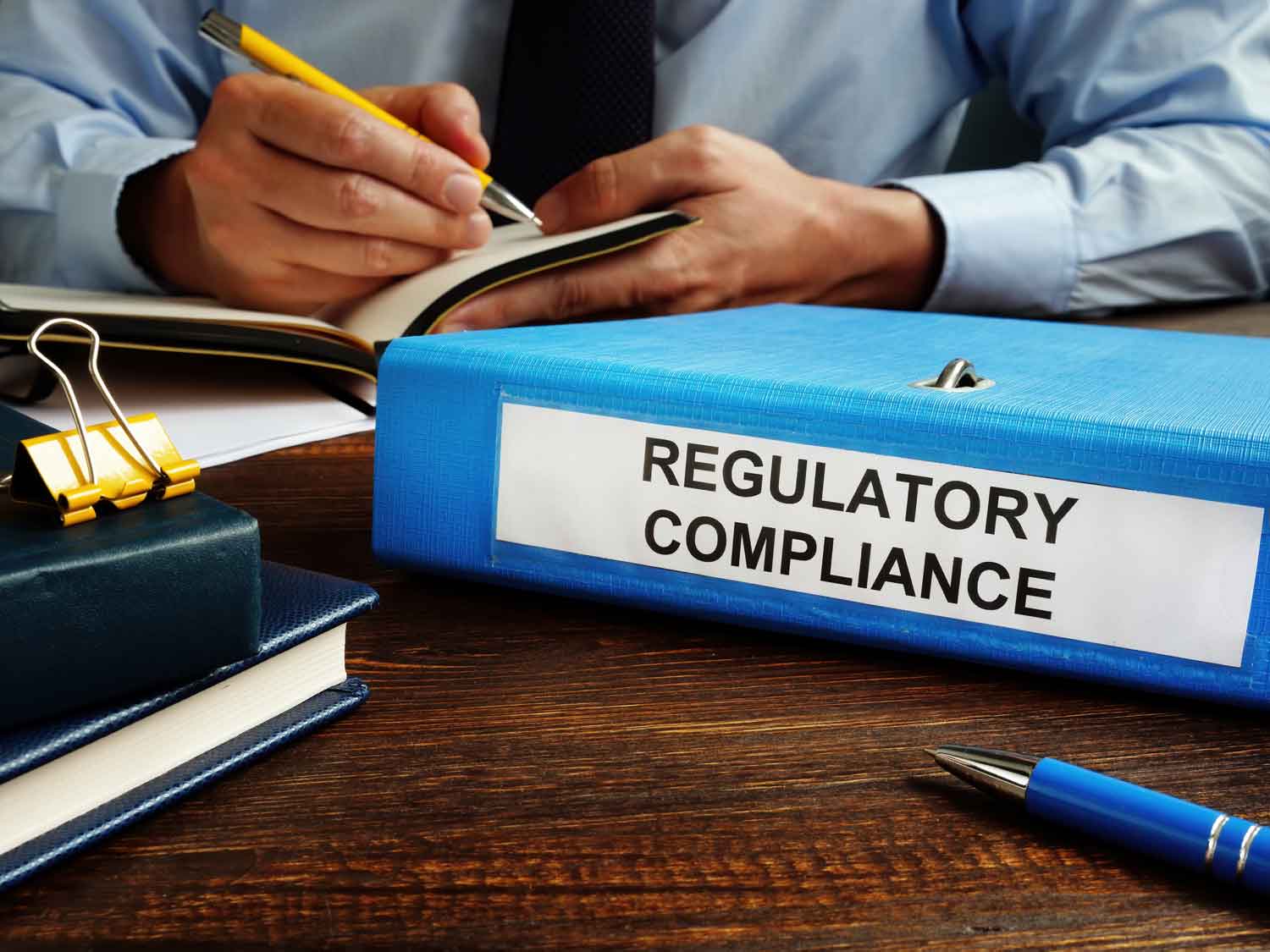
Reasons to Purchase Products from a Company with a Compliance Advisor
WRITTEN BY ASA WALDSTEIN
The unclear regulatory status of hemp-cannabinoids has allowed thousands of hemp-CBD companies to flourish with little regulatory enforcement action.
The regulatory framework ruling Hemp-CBD ingestible products is the same as any dietary supplement. These regulations require strict adherence to cGMP’s (Current Good Manufacturing Practices) for the manufacturing and labeling of supplements. Some examples of this are vendor qualification, documented training, ingredient and finished product testing, stability substantiation, and so much more!
The other piece of the compliance puzzle is marketing. This is where we see most of the enforcement action coming from. There continues to be a huge learning curve for companies entering the hemp product space as the nuances involved with marketing supplements are unique. Successful marketing playbooks from other industries such as tech or apparel do not work in supplements, as social engagement for the purpose of selling products can easily cross the line into disease claims. An example of this is with a company using an “anxiety” hashtag or metatag or adding a product review to a website which mentions product benefit from opioid withdrawal. These are considered unallowable marketing practices for the purposes of material gain (selling products) and are likely to attract an FDA Warning Letter.
Here are some helpful tips to understand if a claim is being make.

If a company does not understand the basics of dietary supplement marketing this could be a sign they do not understand the stringent manufacturing requirements.
So who do we trust?
It is rare to see a hemp product company with a regulatory expert as part of the company. Look to companies who have partnered with experienced regulatory advisors or those with dietary supplement experts on staff. This is a clear sign the company cares about compliance not just in marketing but also with how the product is manufactured.











